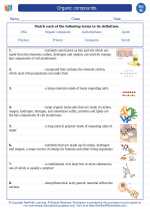Isolated Systems
An isolated system is a physical system that does not interact with its surroundings. This means that no energy or matter is exchanged between the system and its environment. In an isolated system, the total energy (including potential and kinetic energy) and the total mass remain constant over time.
Characteristics of Isolated Systems
Isolated systems have several key characteristics:
- No Exchange of Matter: In an isolated system, there is no transfer of mass into or out of the system.
- No Exchange of Energy: Energy cannot enter or leave the system in an isolated system.
- Constant Total Energy: The total energy within an isolated system remains constant over time.
- Constant Total Mass: The total mass within an isolated system remains constant.
Examples of Isolated Systems
Some examples of isolated systems include:
- A sealed thermos flask with hot coffee inside, where there is minimal heat exchange with the surroundings.
- A well-insulated container of gas, where there is no exchange of matter or energy with the surroundings.
- A planet in space, where it exchanges negligible matter or energy with the rest of the universe.
Study Guide
When studying isolated systems, it's important to understand the following concepts:
- The definition and characteristics of isolated systems
- How isolated systems differ from open and closed systems
- Real-world examples of isolated systems
- The implications of the conservation of energy and mass within isolated systems
Additionally, it's useful to be familiar with the mathematical and computational methods used to analyze isolated systems, such as energy conservation equations and thermodynamic principles.
By understanding isolated systems, you can gain insight into the fundamental principles of energy and matter conservation, which are essential in various scientific disciplines including physics, chemistry, and environmental science.
[Isolated Systems] Related Worksheets and Study Guides:
.◂Science Worksheets and Study Guides Eighth Grade. Organic compounds
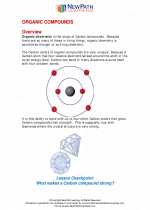
 Worksheet/Answer key
Worksheet/Answer key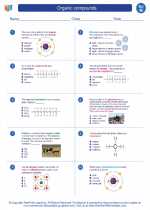
 Worksheet/Answer key
Worksheet/Answer key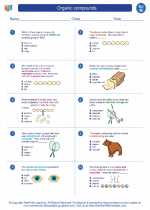
 Worksheet/Answer key
Worksheet/Answer key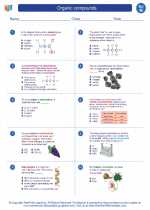
 Vocabulary/Answer key
Vocabulary/Answer key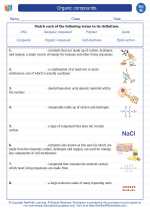
 Vocabulary/Answer key
Vocabulary/Answer key